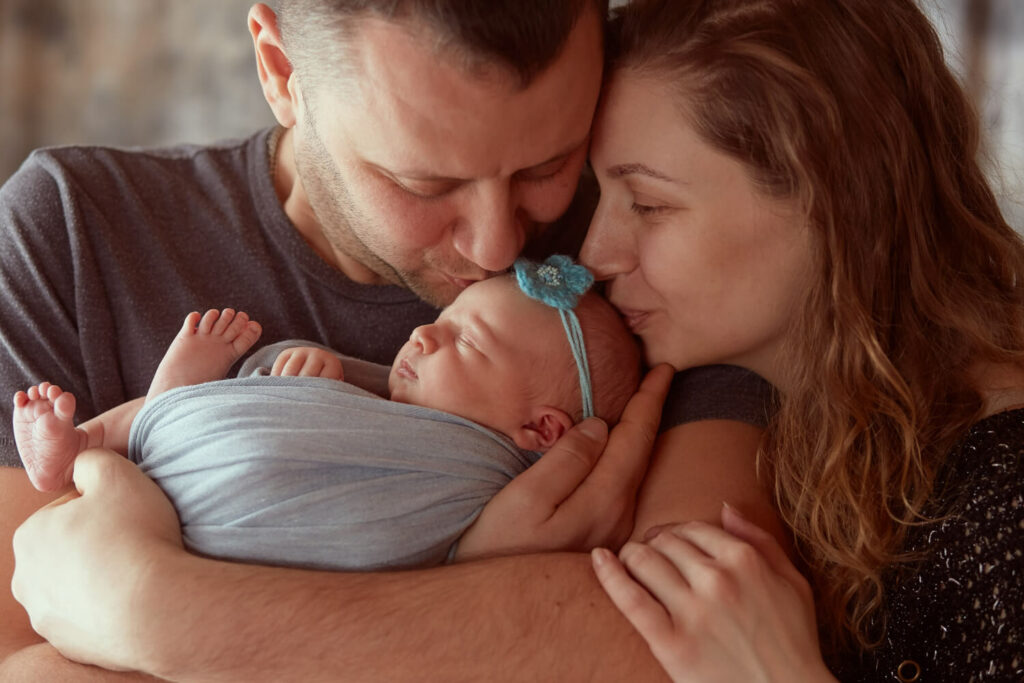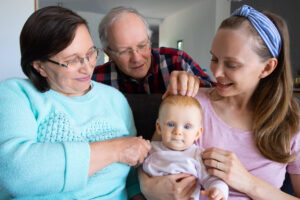Table of Contents
ToggleIntroduction
Bringing a newborn into your life is an exciting and rewarding experience. However, it also comes with a new set of responsibilities and challenges. Caring for a newborn requires knowledge, preparation, and a safe environment. In this comprehensive guide, we will explore essential newborn care tips and recommendations for newborn care, choosing the right baby products, and creating a safe and nurturing environment for your little one’s early days and beyond.
Essential newborn care is a crucial aspect of ensuring the health and well-being of your precious little one. From the moment they enter the world, newborns require special attention and care. This includes establishing a feeding routine, providing a safe and comfortable sleep environment, practicing proper diaper changing and bathing techniques, and monitoring their overall health and development. Bonding with your newborn through skin-to-skin contact, soothing techniques, and plenty of love and affection is also essential. By prioritizing these aspects of newborn care, you can lay a strong foundation for your baby’s growth, development, and happiness in their early days of life.
Essential newborn care tips
Establish a Feeding Routine:
Breastfeeding or formula feeding, establishing a feeding routine is crucial. Follow your baby’s hunger cues, ensure proper latching or bottle-feeding techniques, and feed on demand during the first few months.
Diaper Changing Basics:
Learn how to change diapers properly, ensuring hygiene and comfort for your baby. Keep a stock of diapers, wipes, diaper rash cream, and a changing pad within easy reach.
Bathing and Skin Care:
Bathe your newborn with care, using warm water and mild, fragrance-free baby products. Pay attention to delicate areas, such as the umbilical stump, and gently pat dry their skin after bathing.
Soothing Techniques:
Newborns often need soothing techniques to calm and comfort them. Swaddling, gentle rocking, soft music, and a pacifier can help soothe a fussy baby and promote better sleep.
Establishing Sleep Patterns:
Newborns sleep a lot, but their sleep patterns can be unpredictable. Create a sleep-friendly environment, practice safe sleep guidelines, and establish a soothing bedtime routine to encourage healthy sleep habits.
Choosing the Right Baby Products
Safe and Comfortable Sleeping Arrangements:
Invest in a safe crib, bassinet, or co-sleeper that meets safety standards. Ensure a firm mattress, fitted sheets, and avoid placing loose blankets or toys in the sleep area.
Essential Clothing and Layette:
Opt for soft, comfortable, and breathable clothing for your newborn. Have a supply of onesies, sleepers, hats, socks, and mittens to keep your baby cozy and protected.
Diapering Supplies:
Choose diapers and wipes suitable for your baby’s delicate skin. Have a diaper pail, diaper cream, changing pads, and extra clothes readily available.
Feeding Essential newborn care:
Whether breastfeeding or bottle-feeding, stock up on feeding essentials. These may include nursing bras, breast pumps, bottles, nipples, formula, sterilizers, and burp cloths.
Bathing and Grooming:
Invest in a baby bathtub, gentle cleansers, shampoo, towels, washcloths, a soft brush or comb, and nail clippers designed for newborns.
Health and Safety:
Ensure a well-stocked medicine cabinet with infant-safe thermometers, nasal aspirators, saline drops, baby-safe nail files, and a baby first aid kit. Install smoke detectors and baby-proof the house.
Creating a Safe Environment
Safe Sleep Practices:
Follow safe sleep guidelines to reduce the risk of Sudden Infant Death Syndrome (SIDS). Place your baby on their back to sleep, avoid soft bedding, and ensure a smoke-free environment (one of the essential newborn care tips).
Childproofing the Home:
As your baby grows, childproof your home to create a safe space. Install safety gates, secure cabinets and drawers, cover electrical outlets, and anchor heavy furniture.
Regular Cleaning and Hygiene:
Maintain a clean and hygienic environment for your baby. Regularly clean and disinfect toys, surfaces, and frequently touched areas to prevent the spread of germs.
Babyproofing Hazardous Areas:
Identify potential hazards in your home, such as sharp edges, cords, or stairs, and take appropriate measures to babyproof these areas.
Supervision and Monitoring:
Never leave your baby unattended, especially on elevated surfaces or in water. Stay vigilant and monitor your baby’s activities to ensure their safety at all times.
Conclusion
Caring for a newborn involves love, patience, and the right knowledge. By following these essential newborn care tips, choosing the right baby products, and creating a safe environment, you can provide your little one with the best start in life. Remember, each baby is unique, so adapt these tips to suit your baby’s individual needs and seek professional advice whenever necessary. Embrace the journey of parenthood and cherish these precious moments with your newborn.



